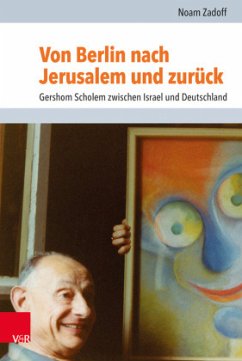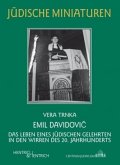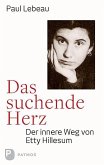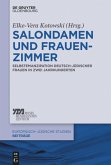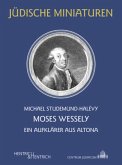Although Gershom Scholem presented his life in his autobiography as a one way movement from Berlin to Jerusalem, a closer look in mainly unpublished documents reveals a different picture. Since the moment of his arrival in Palestine in 1923 and until his death in 1982 he remained in close contact to the German speaking cultural and intellectual worlds. In the 1920ies and 1930ies he contributed to the Hebrew and Jewish cultural circles in Berlin, and even after the shock of the Holocaust he gradually returned to shorter and longer visits in Germany. In the postwar Federal Republic Scholem played a central role as a moral authority, who offered an alternative for young intellectuals to their corrupted father's generation. By doing so, the German-Israeli intellectual served as a generational link, bridging over the abyss created by the Holocaust. For Scholem himself this "return" was the outcome of a long process of disillusionment with his Zionist utopia.
Perlentaucher-Notiz zur F.A.Z.-Rezension
Rezensent Wolfgang Matz empfiehlt Noam Zadoffs intellektuelle Biografie über Gershom Scholem als Lebensgeschichte einer intellektuellen Schlüsselfigur des 20. Jahrhunderts. Lange hat Matz auf dieses Buch gewartet, und das Ergebnis scheint ihm "glanzvoll gelungen", da der Autor die Vielschichtigkeit der Person herausarbeitet. Dass Zadoff erst mit Scholems Übersiedlung nach Jerusalem beginnt, findet Matz jedoch bedauerlich, eben weil Zadoff so luzide und verständlich über die Jahre 1923 bis zur Nachkriegszeit schreibt, wobei die Kriegsjahre im Buch besonderes Gewicht erhalten, wie der Rezensent feststellt.
© Perlentaucher Medien GmbH
© Perlentaucher Medien GmbH

